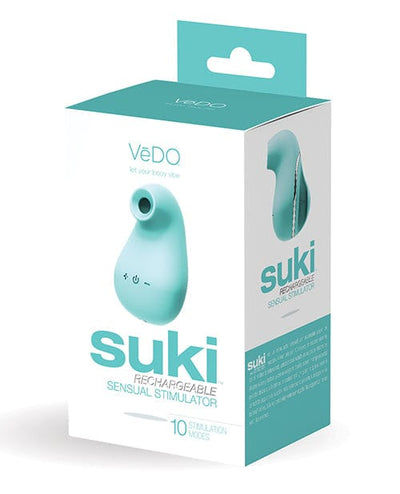Ask a Sex Therapist: What is the Best Lubricant For Vaginal Dryness?

The Best Lubricants For Vaginal Dryness
Dear Cay,
I had a hysterectomy several years ago and suffer from vaginal dryness which makes sexual relations painful. Is there a specific prescription lubricant that I need to use or can I use any over the counter lubricant to make sex enjoyable? – Vicki, San Antonio
Water-based, Silicone Based and Hybrid Lubricants.
Dear Vicki,
Any good water-based lubricant MAY help with sexual friction. Post-menopausal women prefer the silicone based or hybrid (silicone and water) lubes available online or at your local adult store. Silicone maintains its viscosity unlike water based lubes that can dry out. But even with copious use of lubrication, some women experience little relief. Sometimes what is needed is a moisturizer for the vaginal tissue. These products are different from lubricants; you may need to use both.
Although Hormone Replacement Therapy (HRT) is not appropriate for every woman, discuss this option with your doctor. Sometimes a very small amount of supplemental hormones administered via vaginal suppository can do wonders for menopausal symptoms like vaginal dryness. But if you have a history of breast cancer or other risk factors that prevent you from using HRT, consider a topical vaginal emollient cream to help replenish the vaginal tissue. There are a few over the counter, such as Replens, or your doctor may wish to prescribe one for you.
You did not mention whether you had your ovaries removed as part of the hysterectomy. Technically, a hysterectomy is removal of the uterus. The root word “hyster” means womb. If your ovaries were removed, that means that you were surgically thrown into menopause. Without the ovaries, your body’s level of estrogen drops significantly and this could explain the vaginal dryness.
I strongly encourage you to address this issue before having sex again. It is not a good idea to associate something pleasurable, like sex, with something painful - and vaginal dryness equals painful sex. If you continue to make love but feel pain, you may begin avoiding sexual contact altogether. Many people who experience sexual pain eventually start to avoid even basic affection with their partner, for fear it will lead to intercourse. In the meantime, remember that there are many pleasurable alternatives to penetrative intercourse. Now is a good time to explore those options.
Your partner needs to understand that post-operatively, your vaginal barrel may be shorter than it once was, depending on whether the cervix was removed. Many women find that after hysterectomy, they have to relearn their sexual responses. The uterus often contracts during orgasm. The cervix contains nerves that are essential for sexual pleasure for some women. Others feel a freedom to be more sexual than before. And although most surgeons strive to use nerve-sparing approaches to hysterectomy, you may feel a big difference in sensation. In spite of how the surgery is performed, it is invasive major surgery leaving you with the task of learning your new normal not just with sexual response but with digestion, elimination, posture, etc. Many women find that pelvic floor physical therapy is quite beneficial after pelvic surgery.
Hysterectomy itself does not mean the end to your sex life as many women are taught to believe. It may require some accommodations and changes in how you approach sexual activity. If this continues to be a problem, talk with an AASECT Certified Sex Educator or Therapist.







Leave a comment